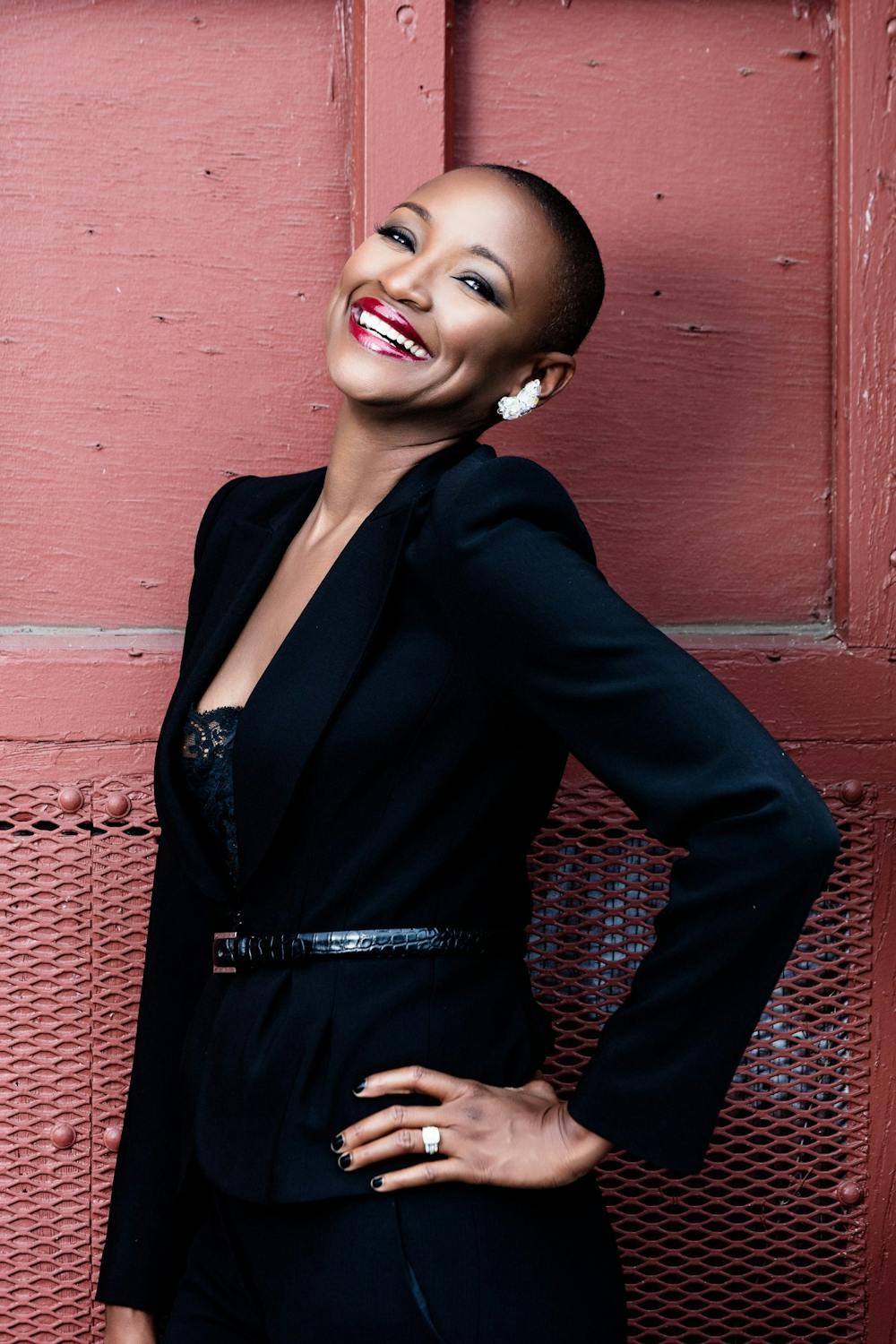After Ibram X. Kendi left the Antiracist Research and Policy Center at American University to establish the Center for Antiracist Research at Boston University in July, new interim leaders set their eyes on strengthening relationships within the AU community.
Christine Platt, who previously served as the center’s managing director under Kendi from November 2017 to May 2019, was tapped for the interim managing director position. Platt was essential in the creation of the center in addition to greatly contributing to its early achievements.
Malini Ranganathan, who is working alongside Platt, is currently serving as the interim faculty director. In the past, she was instrumental in hiring Kendi, and now focuses on relations between the center, faculty and students.
“My role is really to interface with other faculty on campus, and to serve as someone who coheres and amplifies scholarship,” she said.
Ranganathan is also integral in the hiring process for the new executive director.
In her role, Ranganathan ensures that communication and awareness exist between the AU faculty and the center, which is something that she said wasn’t as prevalent before.
“There was very minimal faculty knowledge or awareness, all given what was going on at the center, and I felt the faculty didn't really feel part of the center.”
Platt’s main focus has been preparing the center for the new director, who will be hired later this year. She said that she has also concentrated on rebranding the center as a place that is more outwardly engaged.
“Our charge has really been to get the center up and running again,” Platt said. “But we thought it was really important that we show that we engage the community during this year as well.”
The center is partnering with multiple organizations to create programs and activities to promote anti-racism awareness and activism on campus, such as an exhibition with the Katzen Arts Center. The center and Black student organizations are collaborating to launch a conversation series, titled the “Black Lives Matter Series.” This is along with various other programs, including those on climate justice, food justice, Black feminism and Black art. The center also plans to host numerous special guests at events.
“Not only have we now co-sponsored the Black Lives Matters series that has been organized by several student orgs, … but also now creating events from the ground up,” Ranganathan said. "And so, that to me is also a very rewarding and very different aspect of the center than any previous iteration of it.”
As for the struggles, the center is inheriting the preexisting problems that were left behind, making it difficult to reestablish trust between the center and the AU community. Working at the intersection of race and racism poses its challenges, Platt said.
Among the difficulties was the way in which the center and its purpose was perceived by students.
Ranganathan specified that her and Platt are working to make the center more transparent with students and faculty. Platt said that there were instances where students reported racial grievances that they’d experienced on campus to the center, when the center is not responsible for handling those complaints.
However, Platt said she hopes to connect with other offices on campus that handle students’ concerns.
Currently, AU has an Office of Equity and Title IX, where students can report racial discrimination.
“I think probably the biggest challenge is really getting people to understand and also even to flesh out what we want to do going forward, what the center's role is specifically to the community,” she said.
Ranganathan also said it’s important for the center to help dismantle racism on campus.
Defining the future of the center, while simultaneously accepting that it is a work in progress, has added to the difficulties.
“It has to establish its own role on campus as an intellectual, experimental gravity, but also be an inclusive space," Ranganathan said. "I think that's kind of where we're headed right now.”
When asked about the highlights of her time as interim managing director, Platt mentioned the "Empowering Educators" event, which took place in August.
Ranganathan said she’s grateful to work with Platt.
“I just really feel like we bring different complementary strengths to the job, and I feel like there's so much that two women, a Black woman and brown woman, can do when they team up,” she said. “That's been really exciting, and it's been very rewarding to both be co-leaders.”
Looking forward, the center has established an inaugural fellowship with the f called “Slavery and Its Legacies in Washington DC.” It is an extension of the research done by AU’s Influence of Slavery working group, which Platt is a member of. The two-year fellowship will serve as an opportunity for an AU public history master’s student.





